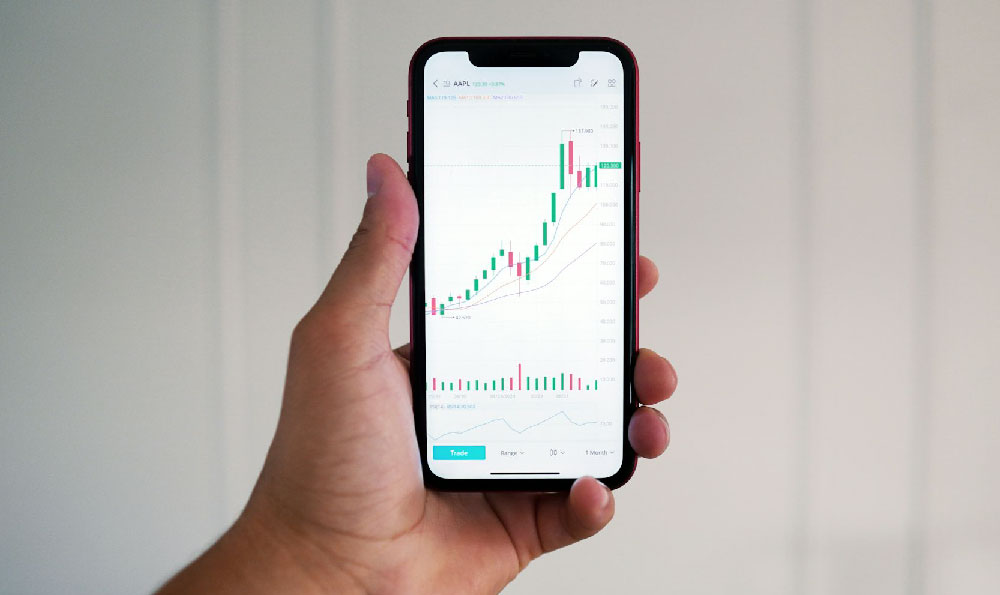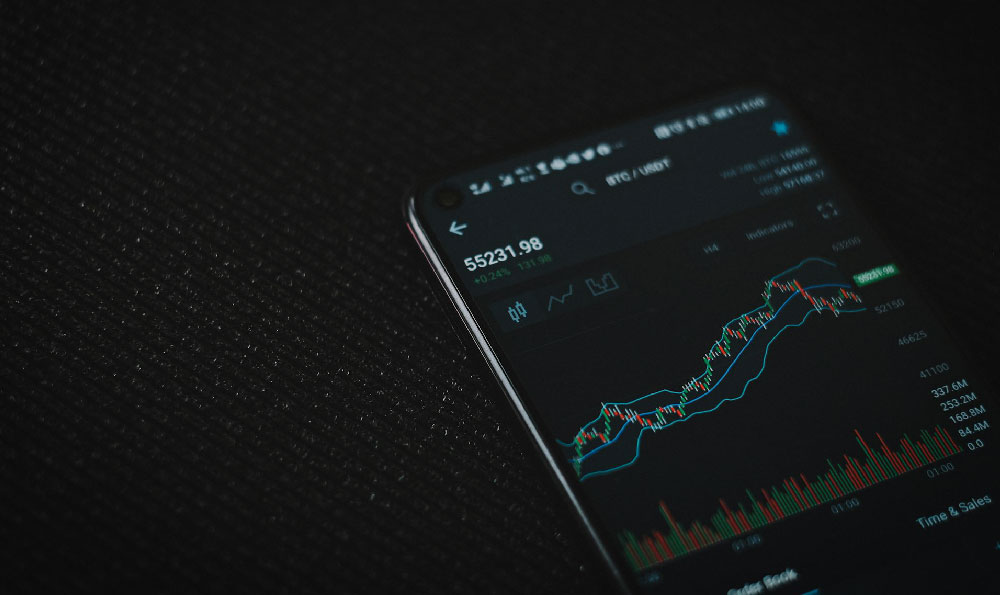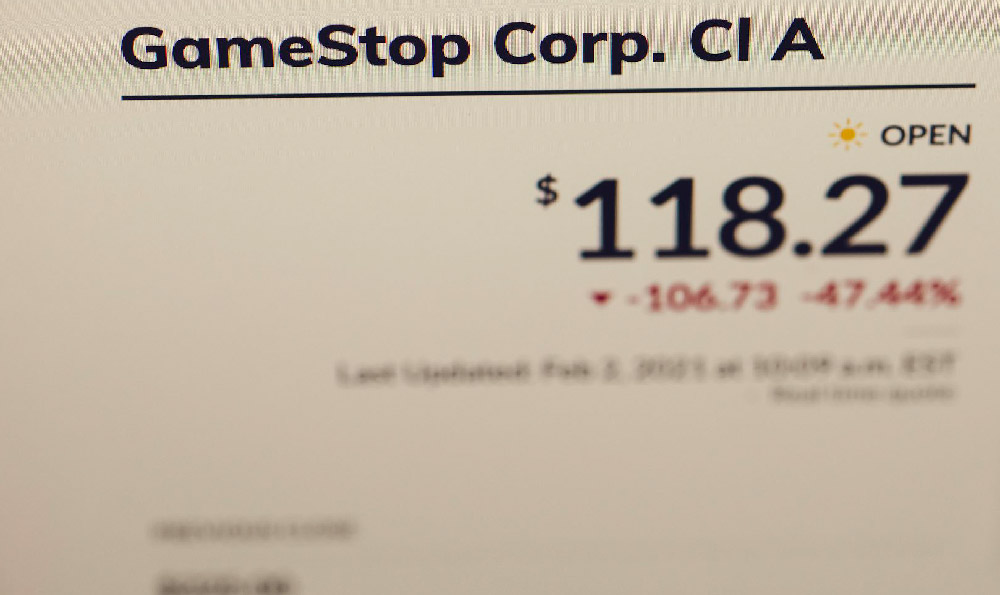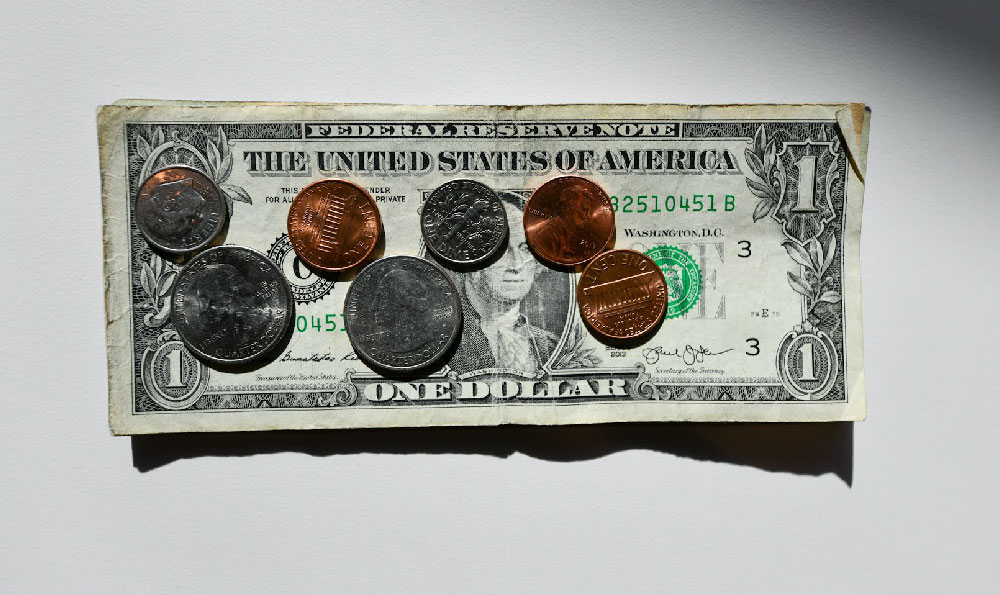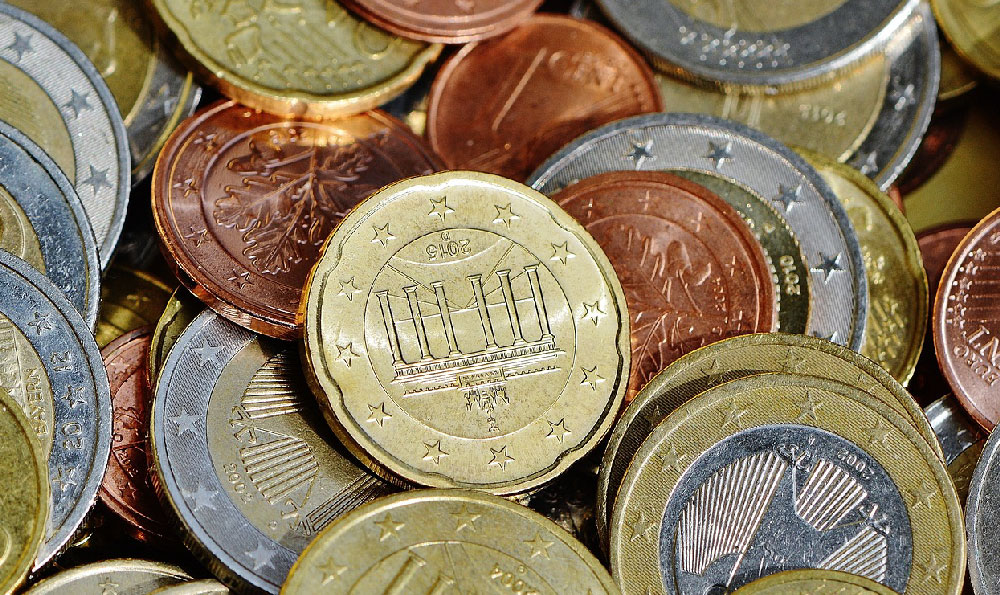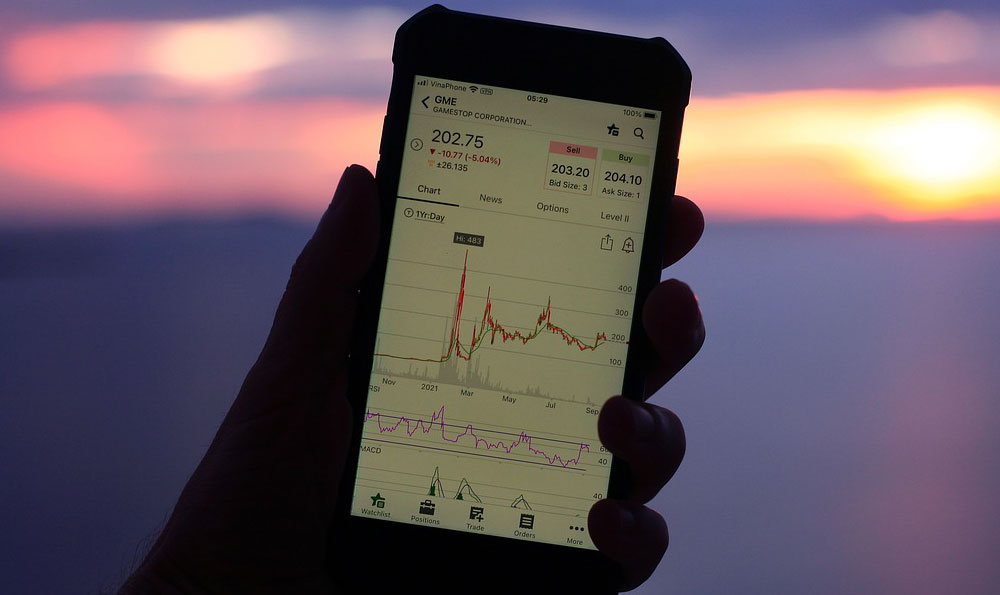How does Waze operate, and how does it generate revenue?

Okay, I understand. Here's an article addressing the question of how Waze operates and generates revenue, aiming for depth, clarity, and avoiding excessive bullet points or numbered lists, delivered entirely in English:
Waze, the popular navigation app distinguishable by its community-driven approach, operates on a fundamentally different model than traditional GPS services. At its core, Waze leverages the collective intelligence of its users to provide real-time traffic updates, road hazard warnings, and ultimately, the most efficient routes to destinations. This reliance on user input is what sets Waze apart and fuels its value.
The operational mechanism of Waze hinges on the continuous data stream provided by its users. When someone drives with Waze open, the app anonymously tracks their speed and location. This information is aggregated and analyzed to detect traffic congestion. If a significant number of Waze users are moving slower than expected on a particular road, the app infers that there is traffic. This is then visually represented on the map with color-coded lines indicating the severity of the delay.

But Waze’s functionality extends far beyond simple speed monitoring. Users can actively report incidents they encounter on the road, such as accidents, potholes, speed traps, road closures, and even the presence of police. These reports are instantly shared with other Waze users in the vicinity, allowing them to anticipate and avoid potential problems. The system operates on a trust-based model, with users able to "confirm" or "disprove" reports made by others. A report that receives multiple confirmations gains higher credibility and is displayed more prominently on the map, while a disproven report is removed. This collaborative verification process helps to ensure the accuracy and reliability of the information presented.
Beyond real-time traffic updates, Waze also incorporates features like rerouting based on current conditions. If a user's planned route becomes congested due to an unexpected incident, Waze will automatically suggest alternative routes to help them avoid the delay. This dynamic rerouting capability is a key differentiator for Waze, offering a more responsive and adaptable navigation experience compared to static GPS systems. The app also learns user preferences over time, such as preferred routes and avoidance of toll roads, further personalizing the navigation experience.
The detailed map data used by Waze is also largely community-sourced. Users can contribute to the map by adding new roads, editing existing ones, and correcting inaccuracies. This collaborative map editing process ensures that the map data is constantly updated and reflects the most current road conditions. This is particularly important in areas where official map data may be outdated or incomplete.
Turning to the question of revenue generation, Waze employs a predominantly advertising-based business model. While the app itself is free to download and use, Waze generates revenue through various forms of advertising displayed within the app.
One of the primary advertising formats is "branded pins." These are essentially digital markers displayed on the map that highlight the locations of businesses. For example, a coffee shop might pay to have its location marked with a branded pin, making it visible to nearby Waze users who might be looking for a place to grab a coffee. When a user taps on a branded pin, they are presented with information about the business, such as its address, phone number, and hours of operation.
Another common advertising format is "search ads." These are advertisements that appear in the Waze search results when users search for specific types of businesses or services. For example, if a user searches for "gas stations," gas stations that have purchased search ads will appear at the top of the search results.
Waze also offers "zero-speed takeovers," which are full-screen ads that are displayed to users when their vehicle is stopped at a red light or in heavy traffic. These ads are designed to capture the user's attention when they are not actively driving and are therefore more likely to engage with the advertisement. These ads usually feature local businesses that are relevant to the user's location.
The effectiveness of Waze's advertising model stems from its highly targeted nature. Because Waze knows the user's location, destination, and driving patterns, it can deliver ads that are highly relevant to their needs. For example, a restaurant located near a user's destination might advertise to that user as they approach their destination. This targeted advertising approach is more likely to be effective than traditional forms of advertising, which often reach a broad and untargeted audience.
Furthermore, Waze’s advertising revenue is tied to its user base and engagement. The more users who use Waze and the more frequently they use it, the more opportunities there are for Waze to display advertisements and generate revenue. This creates a virtuous cycle: as Waze's user base grows, its advertising revenue increases, which allows it to further invest in improving its app and attracting even more users.
While Waze primarily relies on advertising for revenue, it also explores other potential revenue streams. For instance, it collaborates with municipalities and transportation agencies, providing them with anonymized traffic data to help them improve traffic management and urban planning. This data is valuable for understanding traffic patterns, identifying problem areas, and evaluating the effectiveness of traffic interventions. The potential for data licensing and partnerships represents another avenue for Waze to diversify its revenue streams in the future.
In conclusion, Waze operates as a community-driven navigation app, leveraging user-generated data to provide real-time traffic updates and route optimization. Its revenue model centers on targeted advertising, utilizing location data and user behavior to deliver relevant ads to drivers. This combination of community contribution and targeted advertising has made Waze a successful and widely used navigation app.

